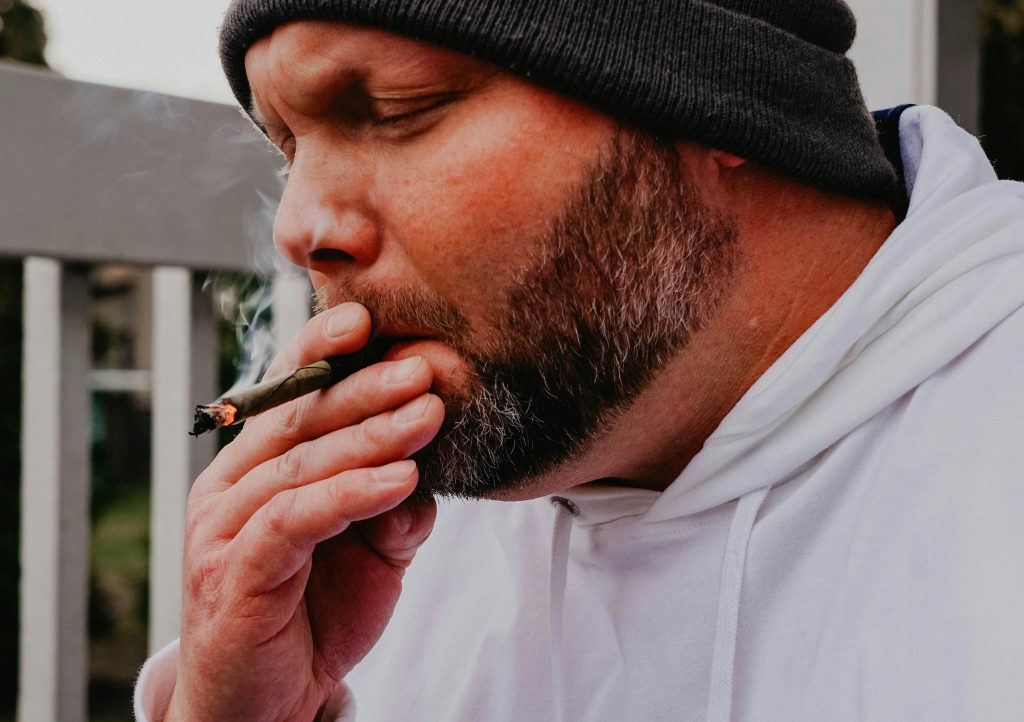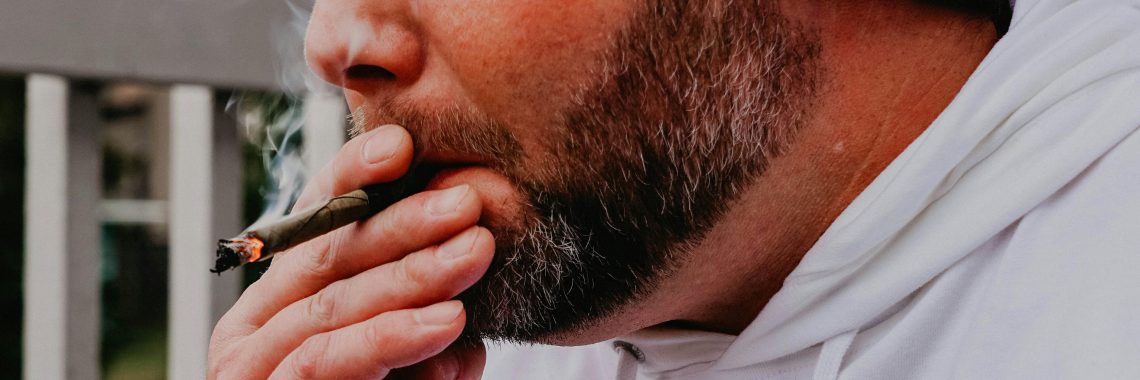Heavy Marijuana Use Raises Oral Cancer Risk 300%+

A new study shows heavy marijuana use is strongly linked to a 325% increased risk in oral cancer.
Heavy marijuana use is associated with memory problems, birth defects, and cancer. Powerful marijuana products and cannabis use disorder are causing such serious health problems that some people have needed treatment in a hospital or emergency room. Researchers writing in Preventive Medicine Reports now say those people may be at greater risk of developing oral cancers.
Researchers collected data and analyzed clinical records from the University of California Health Data Warehouse from 2012 to 2024. The study found that cannabis use disorder — that is, heavy marijuana use or the inability to stop using marijuana despite the negative consequences — was linked to “a more than threefold increase in oral cancer risk over five years.”
Studies like this one should serve as an important warning to Arkansans. In the past five years, there have been multiple efforts to legalize marijuana by writing it into the state constitution or by letting companies manufacture and sell dangerous drugs made from hemp. Fortunately, voters and lawmakers have rejected these bad proposals.
The truth is marijuana is harmful — whether it is marketed as “medical” marijuana or “recreational” marijuana.
Marijuana has been tied to a number of deadly heart problems — including heart attack, heart failure, and stroke. In fact, researchers now say marijuana use doubles a person’s risk of death from heart disease.
Marijuana use during pregnancy has been shown time and time again to hurt unborn children and newborns.
Experts have found heavy marijuana use is linked to paranoia, memory loss, schizophrenia, and other serious problems.
Nationwide, marijuana products are sending kids to the emergency room.
And instead of decreasing crime, marijuana legalization has actually emboldened drug cartels and increased the flow of illegal drugs across America.
The tax revenue that states receive from marijuana sales does not justify the damage that marijuana causes.
All of this underscores what we have said for years: Marijuana may be many things, but “harmless” simply is not one of them.
Articles appearing on this website are written with the aid of Family Council’s researchers and writers.
Trump Administration Moves to Protect Federal Employees’ Religious Liberties

Last week the United States Office of Personnel Management released a memo safeguarding religious freedom and religious expression in the workplace.
The free exercise of religion is a fundamental right protected by the U.S. Constitution. However, over the past 15 years the freedom of religion has come under fire — especially within the U.S. military and the federal government.
In 2013, Family Research Council compiled examples of attacks against religious liberty in the military. In 2014, news broke about the federal government making Veterans Affairs hospital chapels “religiously neutral.” And in 2015 a Navy chaplain was relieved of his duties for holding biblical views on homosexuality.
The new memo from the U.S. Office of Personnel Management helps address these types of situations.
The memo reaffirms the federal government’s commitment to religious liberty in federal workplaces.
It clarifies that government employees can display and use religious items at work — including Bibles or artwork — and it says federal workers are free to talk about and share their faith at work.
The memo also provides examples of protected religious expression, such as:
- A group of employees may form a prayer group and gather for prayer or study of scripture or holy books at the office while not on duty hours.
- An employee who requests his supervisor prohibit his coworkers from gathering in an empty conference room for prayer should politely be told his coworkers’ conduct will be allowed to continue as it is permissible.
- A doctor at a Veterans Affairs (VA) hospital may pray over his patient for her recovery.
We have often said that if you don’t believe religious liberty is under attack, just try exercising it sometime.
Fortunately, lawmakers in Arkansas have enacted some of the best protections for religious freedom in the nation, and courts have issued rulings that uphold the free exercise of religion.
It’s good to see federal policymakers stand up for religious liberty as well.
Articles appearing on this website are written with the aid of Family Council’s researchers and writers.



